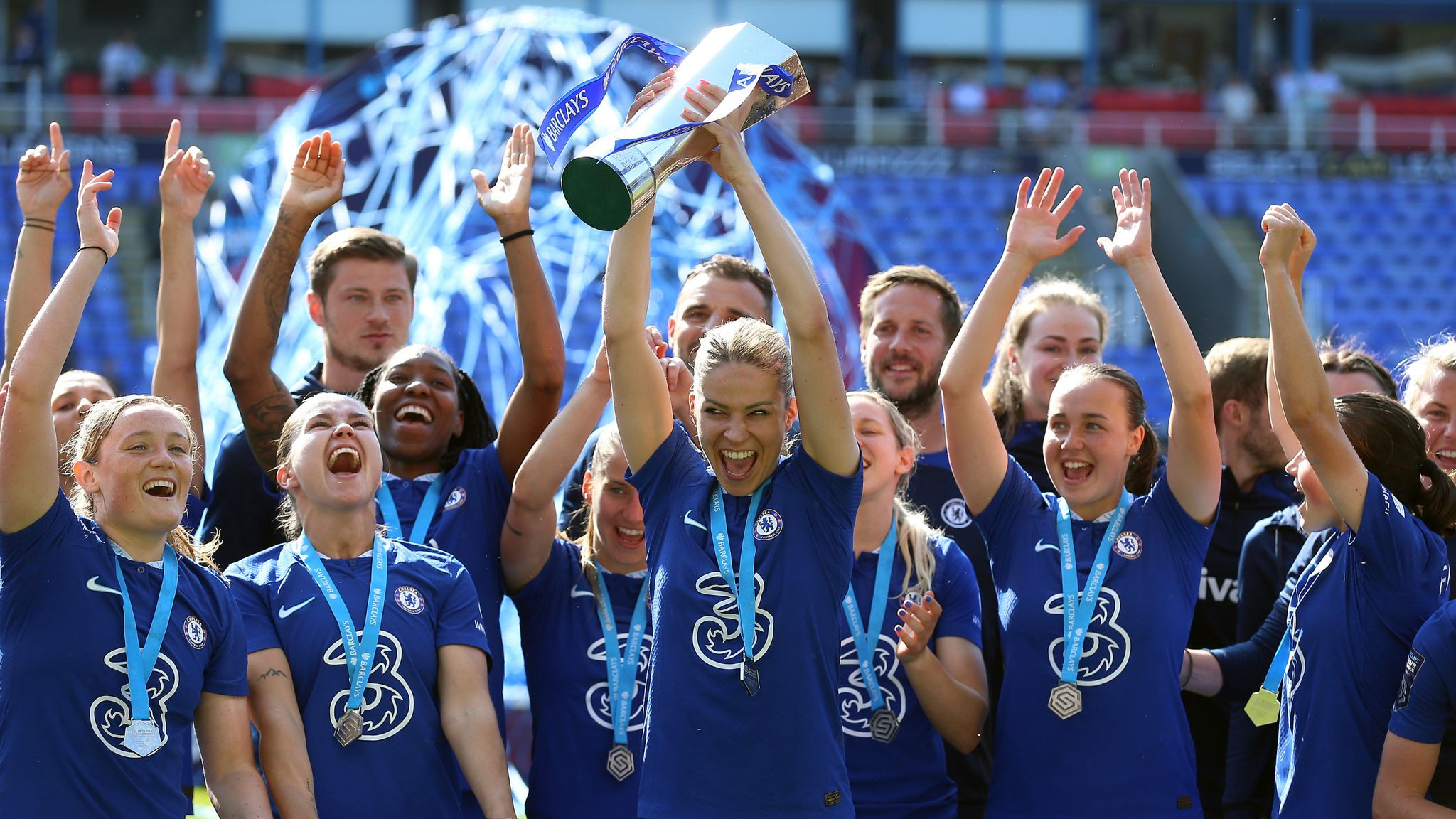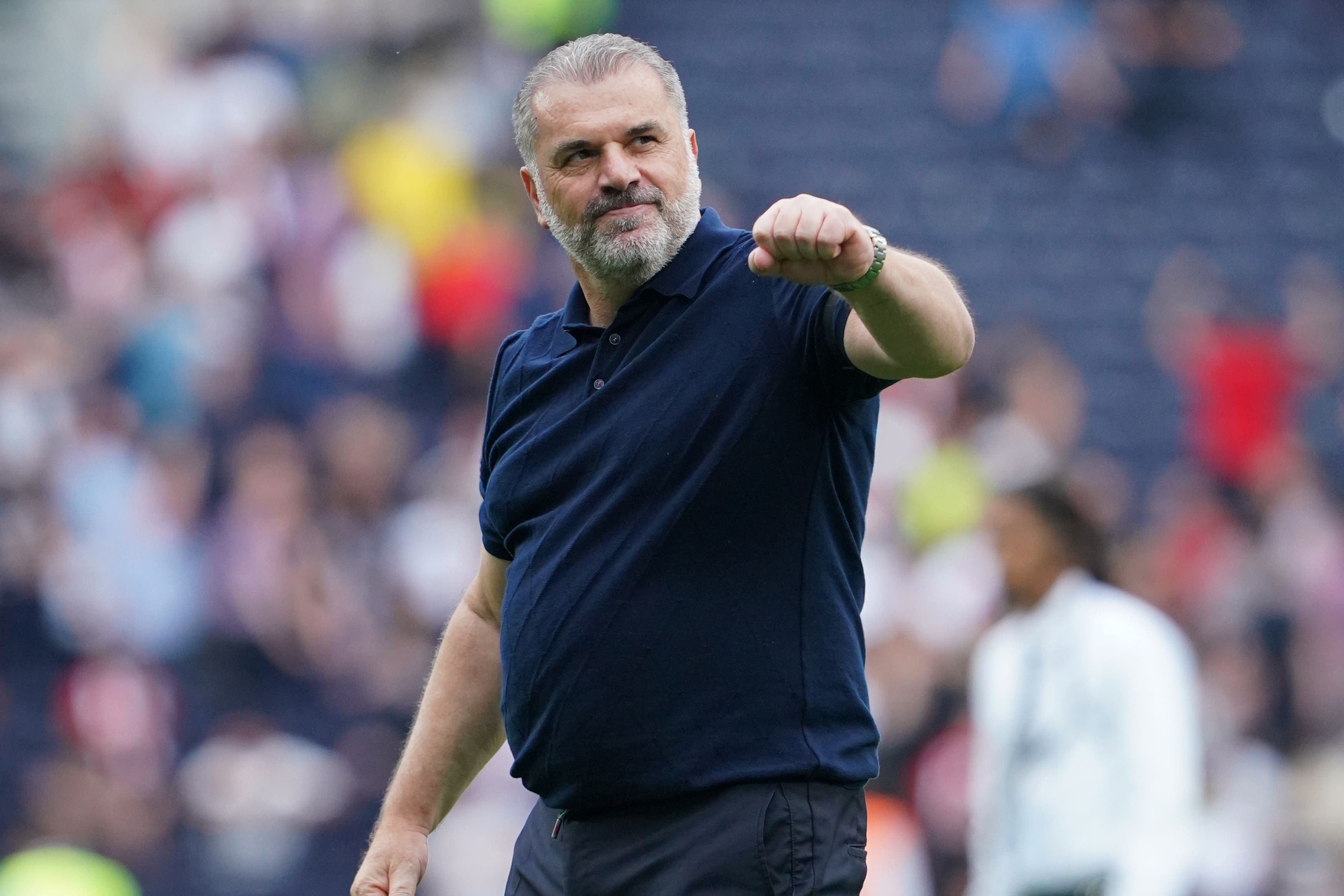Former Liverpool full-back Stephen Warnock has opened up about his time at Anfield, suggesting he was used as a "scapegoat" during his tenure with the Reds. Despite this, he expressed his fondness for his spell at Aston Villa.
Warnock, who joined Liverpool's youth setup at just 10 years old, eventually made his first-team breakthrough under Rafael Benitez in 2004 following a series of injuries, including a broken leg. The defender went on to lift the UEFA Super Cup with Liverpool in 2005, but not before experiencing the disappointment of being left out of the squad that triumphed in the Champions League against AC Milan that same year.
Now 42, Warnock reflects on his Liverpool days as challenging, feeling that his academy roots put him at a disadvantage compared to players brought into the club. Looking back on his career, Warnock felt more valued during his stints with Blackburn Rovers and Aston Villa.
Speaking to World Football Index, Warnock shared: "I came through the academy from the age of 10, and then I was in and around the first team as a teenager and got called up to the first team at the age of 16. When I was just moved from the academy, I broke my leg. So, I had a period of about three years where I was injured.
"Then when I came back into the fold, Gerard Houllier was manager, which was a change from when (former Liverpool manager) Roy Evans was in charge as it was him who initially wanted to call me into the first team. So, when Gerard Houllier took sole charge of the team, things changed and there was just a huge influx of French players, whether it was youth or first-team players."
"From there, I always knew it was going to be tough to break through, having come from the academy and recovered from a broken leg and other injury setbacks."
His loan spells at Bradford and Coventry City proved pivotal, with 44 appearances for the Sky Blues bolstering his profile. Upon his return to Anfield, Benitez had taken the helm, offering Warnock the fresh start he needed.
"When I came back after that loan spell, it was Rafa Benitez who had taken over as manager at the club and that was where I got my opportunity. It was a completely fresh start for me," he expressed gratitude for the chance Benitez gave him.
Despite this, Warnock felt the weight of being an academy product: "Whereas, as much as I enjoyed my time at Liverpool, I always felt like I was treated as an academy graduate and treated as someone who you can almost scapegoat and leave out at times because you haven't been brought into the club."
Stephen Warnock revealed that feeling wanted by Mark Hughes at Blackburn and playing alongside top talent at Aston Villa greatly boosted his confidence throughout his career. Speaking of his transfer to Villa in 2009, Warnock said: "I was equally as lucky when I moved to Aston Villa, where I had Richard Dunne alongside me, who was a magnificent player, again someone who talked me through the game and helped me.
"Then, in front of me at Villa, I had Ashley Young and Stewart Downing who were brilliant wingers who made me look a little bit better (laughs)."
Warnock, who has since transitioned to a media career, expressed his gratitude towards Villa, stating: "Villa is a massive club steeped in history, so it was an honour to play for them. I loved my time at Villa even if it didn't come as easy as I'd have liked it to because there were some tough times as well, but I really enjoyed it when I look back on it now."
Warnock's Time at Anfield - A Tale of Two Clubs
Warnock's career at Liverpool was a mix of highs and lows, marked by both triumphs and disappointments. He was a part of the team that won the UEFA Super Cup in 2005, but he was also left out of the Champions League final squad that same year. This experience, coupled with his perception of being treated differently as an academy graduate, left him feeling like a scapegoat.
The Impact of Academy Roots
Warnock's experience highlights the complex dynamics within football clubs, particularly when it comes to academy players. While academy graduates represent a valuable source of talent, they can also face unique challenges, especially when competing with established players who have been acquired for significant sums.
Warnock's feeling of being undervalued despite his contributions to the club is a common experience for many academy players. They often face greater scrutiny and pressure to prove their worth, which can lead to a sense of insecurity and frustration.
A New Chapter at Villa Park
Warnock's transfer to Aston Villa in 2009 marked a turning point in his career. He found a sense of belonging and appreciation that he had not experienced at Liverpool. The move to Villa not only boosted his confidence but also allowed him to thrive alongside talented players like Richard Dunne, Ashley Young, and Stewart Downing.
Warnock's experience at Villa Park demonstrates the power of a positive environment and the importance of feeling valued by a club and its manager. It emphasizes how crucial it is for players to find a place where they feel supported and empowered to perform at their best.
A Reflection on Career and Identity
Stephen Warnock's journey through the world of professional football is a testament to the resilience and determination of a player who faced both adversity and triumph. His candid reflections on his time at Anfield and his subsequent success at Villa Park offer valuable insights into the intricacies of the sport and the impact of personal experiences on a player's career.
Warnock's story reminds us that the path to success in football can be winding and unpredictable. It's a journey that involves both celebrating victories and learning from setbacks, ultimately shaping a player's identity and their place in the game.
Warnock's experiences highlight the complex interplay between talent, opportunity, and the support system surrounding a player. His story serves as a reminder that even the most accomplished players can face challenges and setbacks, but with the right support and a positive mindset, they can overcome adversity and find their true potential.

















